New Brunswick Mechanical & Ethics/Regulatory 30 PDH Discount Package 2
Courses in this Package
Miscellaneous Mechanical Equipment (M05-001)
Principles of Hydraulic and Pneumatic Systems (M04-043)
Basic Machines Part 1 (M03-035)
Overview, Installation and Maintenance of Pumps, Valves and Piping (M07-004)
Sealing Devices and Materials (M02-061)
Fire Protection Systems (M04-051)
Motor and Drive System Basics (E02-021)
General Principles of Engineering Ethics & Statutes for New Brunswick Professional Engineers (NB3-001)
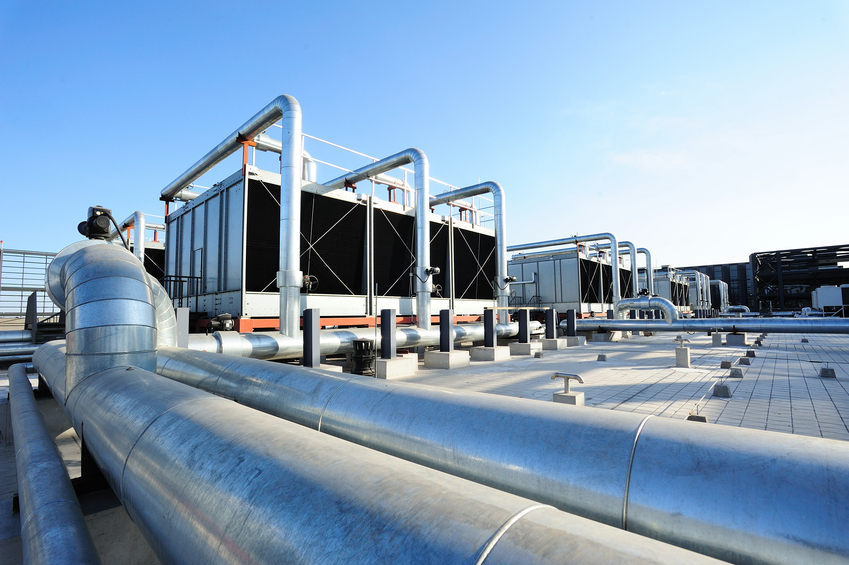
This online engineering PDH course provides a fundamental understanding of the purpose, types and operation of various mechanical equipment that have widespread applications in many facilities. This equipment includes cooling towers, air compressors, hydraulic systems, boilers, demineralizers, pressurizers, steam traps, filters and strainers. In addition, this course describes the safety hazards associated with certain types of components.
This 5 PDH online course is applicable to mechanical and chemical engineers, nuclear facility operators, maintenance personnel, and other technical staff who are interested in gaining a better understanding of the operation of the different mechanical equipment.
This P.Eng. continuing education course is intended to provide you with the following specific knowledge and skills:
- Understanding various types of air compressors, operation and safety hazards.
- Understanding hydraulic system operation and safety hazards
- Familiarizing with boilers
- Learning the purpose of the cooling tower and its various types
- Understanding the purpose and types of deminerilizers
- Knowing the general description and operation of a pressurizer
- Learning the fundamentals of steam traps and their different types
- Distinguishing between filters and strainers and learning their different types
In this professional engineering CEU course, you need to review DOE-HDBK-1018/2-93, Volume 2, Module 5 "Miscellaneous Mechanical Components" published by the Department of Energy.
Upon successful completion of the quiz, print your Certificate of Completion instantly. (Note: if you are paying by check or money order, you will be able to print it after we receive your payment.) For your convenience, we will also email it to you. Please note that you can log in to your account at any time to access and print your Certificate of Completion.
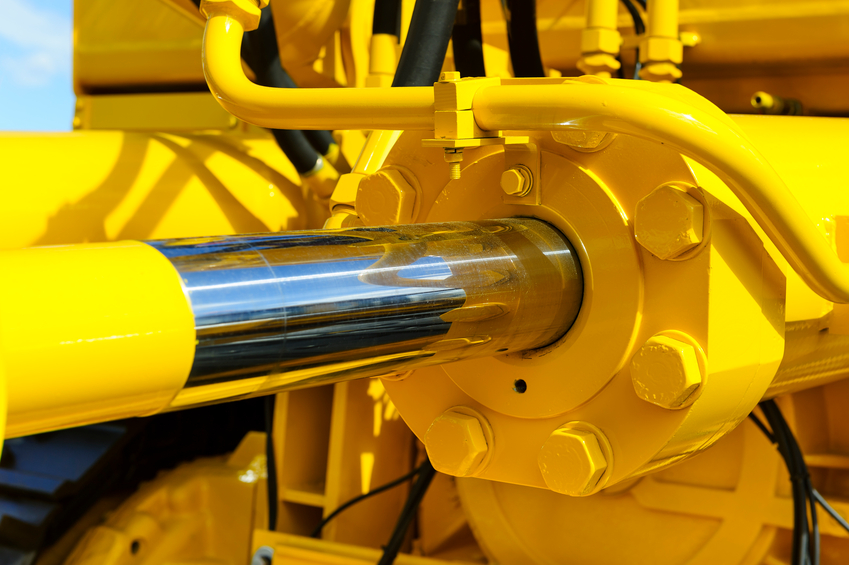
This online engineering course presents the basic principles of hydraulics and pneumatics along with their various components followed by discussing the maintenance procedures associated with these systems.
In automotive and construction equipment, the terms “hydraulic” and “pneumatic” describe a method of transmitting power from one place to another through the use of a liquid or a gas which obey certain physical laws and principles discussed in this course.
This 4 PDH online course is intended for mechanical and industrial engineers, as well as other technical professionals interested in gaining a better understanding of the principles of hydraulic and pneumatics systems.
This P.Eng. continuing education course is intended to provide you with the following specific knowledge and skills:
- Understanding the operating principles of hydraulic systems
- Identifying operation characteristics, component functions, and maintenance procedures of a hydraulic system
- Understanding the operating principles of pneumatic systems
- Identifying operational characteristics and service procedures applicable to heavy-duty compressors
Upon successful completion of the quiz, print your Certificate of Completion instantly. (Note: if you are paying by check or money order, you will be able to print it after we receive your payment.) For your convenience, we will also email it to you. Please note that you can log in to your account at any time to access and print your Certificate of Completion.
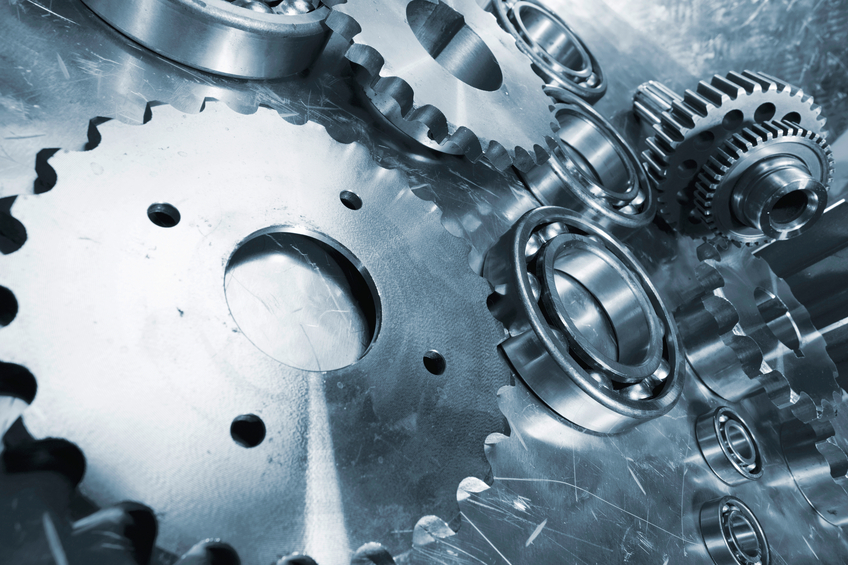
This online engineering PDH course discusses the six simple machines: the lever, the block, the wheel and axle, the inclined plane, the screw and the gear. When you familiarize with the principles of these simple machines, you can readily understand the operation of complex machines.
A machine is any device that helps you to do work. It may help by changing the amount of force or the speed of action. Machines may also be used to change the direction of a force or in other cases transform energy; for example, a generator transforms mechanical energy into electrical energy. Complex machines are basically combinations of two or more simple machines.
This 3 PDH online course is applicable to engineers, designers, manufacturers and anyone interested to gain an understanding of basic machine operation.
This P.Eng. continuing education course is intended to provide you with the following specific knowledge and skills:
- Learning about the principles of levers, their different classes and mechanical advantages
- Understanding the basics of the block and tackle, their different configurations and mechanical advantages
- Understanding the basics of wheel and axle and understand their mechanical advantages
- Learning about the mechanical advantages of inclined planes
- Familiarizing with the uses of the screw and jack
- Understanding the basics of gears, their different types and mechanical advantages
In this professional engineering CEU course, you need to review Chapters 1 through 6, of the Naval Education and Training Professional Development and Technology Center "Basic Machines" NAVEDTRA 14037 - training course.
Once you complete your course review, you need to take a multiple-choice quiz consisting of twenty (20) questions to earn 3 PDH credits. The quiz will be based on this NAVEDTRA publication.
Upon successful completion of the quiz, print your Certificate of Completion instantly. (Note: if you are paying by check or money order, you will be able to print it after we receive your payment.) For your convenience, we will also email it to you. Please note that you can log in to your account at any time to access and print your Certificate of Completion.

This online engineering PDH course covers the basic operating principles of pumps, discusses their different types, and explains their installation and maintenance methodologies. This course also presents the auxiliary components such as the different types of valves, piping and other accessories typically used in pump systems.
A pump is a device that uses an external source of power to force the fluid to move from one place to another. A pump develops no energy of its own; it merely transforms energy from the external source, such as a gasoline or electric motor, into mechanical kinetic energy, which is manifested by the motion of the fluid.
A valve is any device used to control fluids in a closed system, and is typed or classified according to its use in a system. This course will discuss valve construction and the most common types of valves used in the industry.
The control and application of fluid power would be impossible without a suitable means of conveying the fluid from the power source to the point of application. Fluid lines used for this purpose are called piping. They must be designed and installed with the same care applicable to other components of the system. To obtain this desired result, attention must be given to the various types, materials, and sizes of lines available for the fluid power system.
This 7 PDH online course is intended for mechanical engineers as well as others who are interested in gaining general knowledge of pumps, valves, and pipes in fluid systems.
This P.Eng. continuing education course is intended to provide you with the following specific knowledge and skills:
- Understanding the principles of pump operation
- Familiarizing with the different types of pumps
- Learning about the basic types and functions of valves, steam traps, and strainers
- Knowing the different types of filters
- Familiarizing with piping, tubing and their associated fittings
- Familiarizing with the different types of packing and gasket material
Upon successful completion of the quiz, print your Certificate of Completion instantly. (Note: if you are paying by check or money order, you will be able to print it after we receive your payment.) For your convenience, we will also email it to you. Please note that you can log in to your account at any time to access and print your Certificate of Completion.
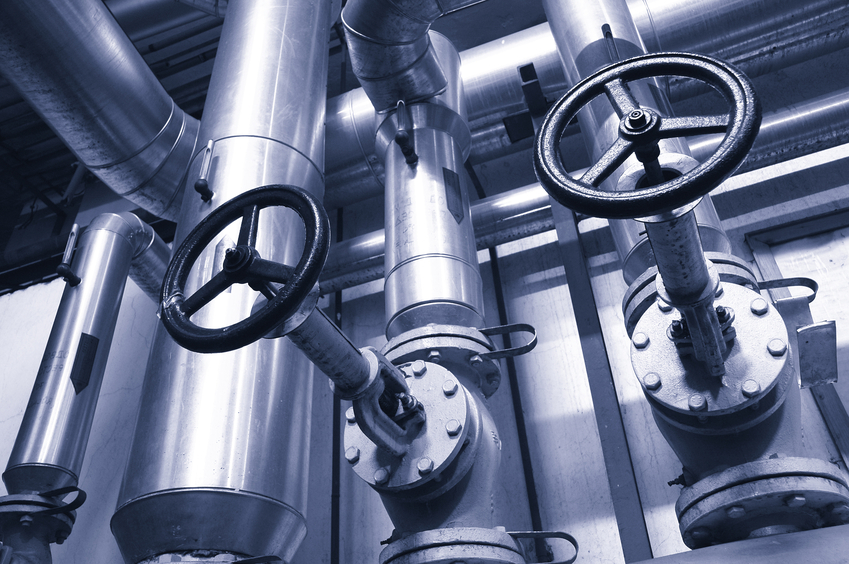
This online engineering PDH course provides an overview of the different types of materials used in the construction of seals.
Sealing devices and materials prevent leakage, and contain pressure or exclude contamination between components. The two most common classifications of seals are gaskets and packings. There are many commercial types and forms of packing and gasket materials.
This course discusses the different shapes and designs of seals and their application as gaskets and/or packings in fluid power systems. Lastly, sections concerning the functions of wipers and scrapers in fluid power systems and the selection, storage, and handling of sealing devices are presented.
This 2 PDH online course is applicable to mechanical engineers and other technical professionals who are interested in learning more about the common sealing devices and materials.
This PE continuing education course is intended to provide you with the following specific knowledge and skills:
- Familiarizing with the functions and required characteristics of sealing devices used in fluid power systems
- Learning about the types and materials of sealing devices
- Learning about the identification procedures of various types of seals
- Understanding the characteristics and inspection of various types of seals
- Gaining an overview of the installation techniques of various types of seals
Upon successful completion of the quiz, print your Certificate of Completion instantly. (Note: if you are paying by check or money order, you will be able to print it after we receive your payment.) For your convenience, we will also email it to you. Please note that you can log in to your account at any time to access and print your Certificate of Completion.
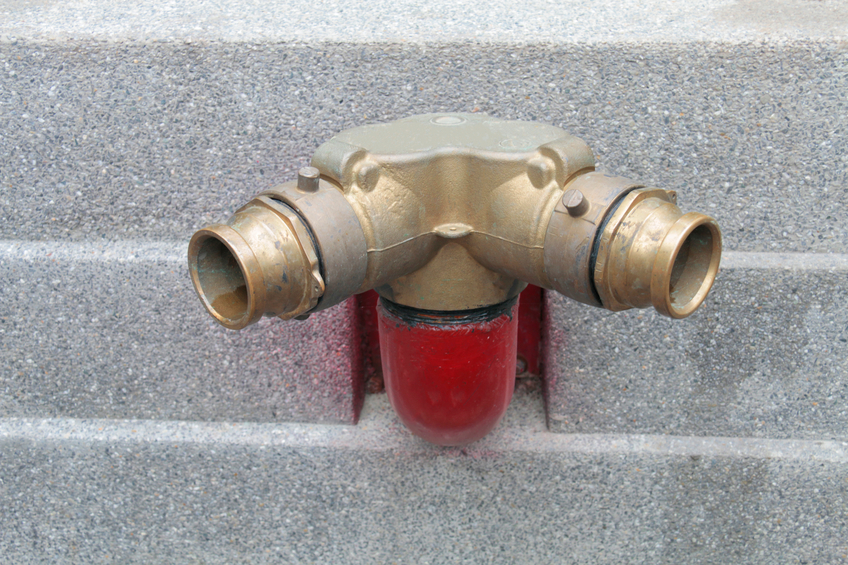
This online engineering PDH course provides information on the different types of fire protection systems and presents guidelines for periodic inspection and maintenance procedures of these systems.
Fire protection systems are designed to extinguish fires as quick as possible to prevent the loss of lives and property. When fire suppression systems are installed, the system would control, put out any fire that may result and signal the fire department. However, in the absence of similar systems, any building could be severely damaged or completely destroyed before the fire department could respond.
There are several types of fire protection systems. Each system is designed to serve in specific locations and has its unique components and functioning characteristics. And in order to ensure that these systems are safe and reliable, periodic inspection and maintenance of their components is required.
This 4 PDH online course is applicable to engineers who are interested in learning more about fire protection systems and the inspection and maintenance procedures for a safe and a reliable performance.
This P.Eng. continuing education course is intended to provide you with the following specific knowledge and skills:
- Familiarizing with the general features of fire protection systems
- Learning about the different types of automatic sprinkler systems and their characteristics
- Understanding the placement and distribution of components along the system networks
- Understanding the inspection and maintenance requirements of various components
- Learning about the practicality and characteristics of gaseous extinguishing systems
- Gaining a general overview of dry chemical extinguishing systems
Upon successful completion of the quiz, print your Certificate of Completion instantly. (Note: if you are paying by check or money order, you will be able to print it after we receive your payment.) For your convenience, we will also email it to you. Please note that you can log in to your account at any time to access and print your Certificate of Completion.
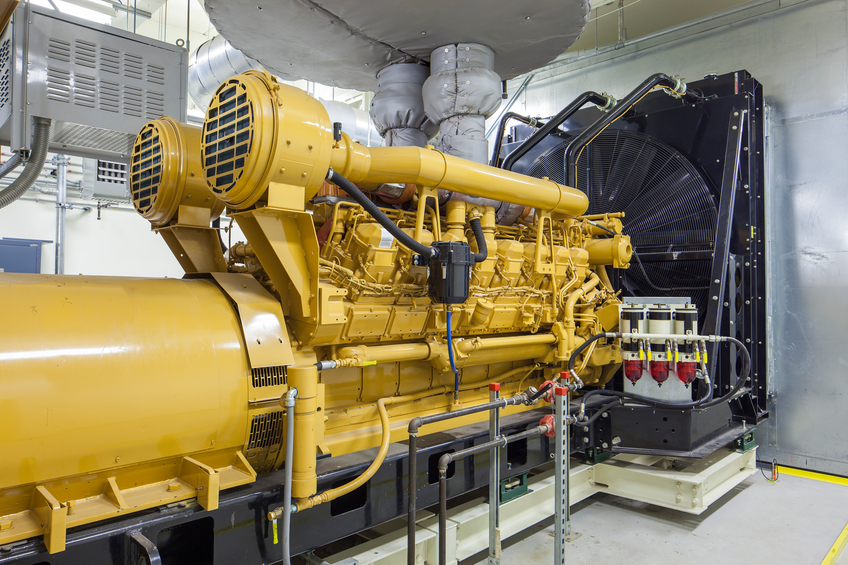
This online engineering PDH course presents the basics of motor and drive systems and briefly describes important terms, relationships, and system design considerations. It also describes key factors involved in motor and drive selection and system design, and provides an overview of the different types of motors and drives and their applications.
This 2 PDH online course is applicable to electrical and mechanical engineers, designers, contractors, building professionals and manufacturers who are involved with motor and drive systems.
This P.Eng. continuing education course is intended to provide you with the following specific knowledge and skills:
- Detecting the indications of a poor system design
- Learning about the different types of electric motors
- Understanding motor operating characteristics
- Selecting motors and drives for their corresponding applications
- Understanding load duty cycles
- Familiarizing with common motor selection problems
Upon successful completion of the quiz, print your Certificate of Completion instantly. (Note: if you are paying by check or money order, you will be able to print it after we receive your payment.) For your convenience, we will also email it to you. Please note that you can log in to your account at any time to access and print your Certificate of Completion.

This online engineering PDH ethics course presents the principles of engineering ethics and statutes for New Brunswick Professional Engineers.
Engineering has a direct and vital impact on the quality of life for all people, which is why it is important for engineers to put the interests and safety of the public ahead of their own, and maintain honesty and integrity at all times. Accordingly, several guidelines were established to help engineers conduct themselves ethically in their line of duty.
This course will address the code of ethics that every engineer is expected to live by when practicing their profession. This course also provides an overview of APEGNB’s general statutes and regulatory laws. It will also present unique and randomly selected ethical studies to demonstrate ethical challenges for professional engineers and alternatives to address these challenges.
This 3 PDH online course is applicable to Professional Engineers licensed in New Brunswick and who are required to demonstrate continuing professional competency in ethical practice and regulatory learning as a condition of their license renewal.
This online course is intended to provide you with the following specific knowledge and skills:
- Familiarizing with the code of ethics for engineers
- Familiarizing with APEGNB’s general statutes and regulatory laws
- Understanding professional ethical practices through presenting realistic case studies
Upon successful completion of the quiz, print your Certificate of Completion instantly. (Note: if you are paying by check or money order, you will be able to print it after we receive your payment.) For your convenience, we will also email it to you. Please note that you can log in to your account at any time to access and print your Certificate of Completion.